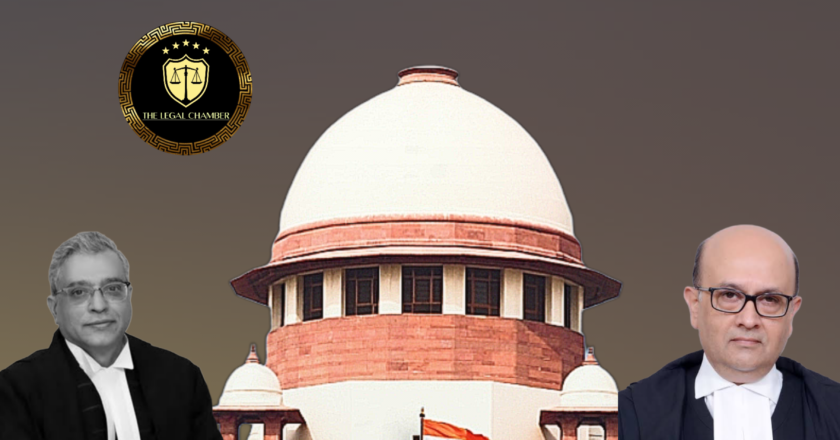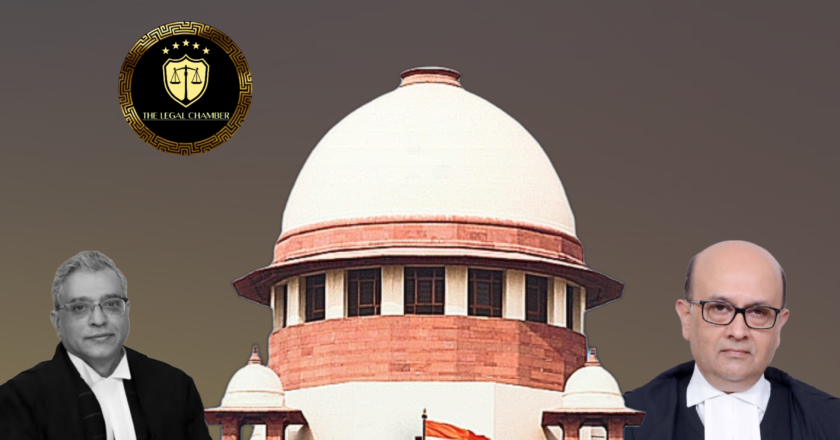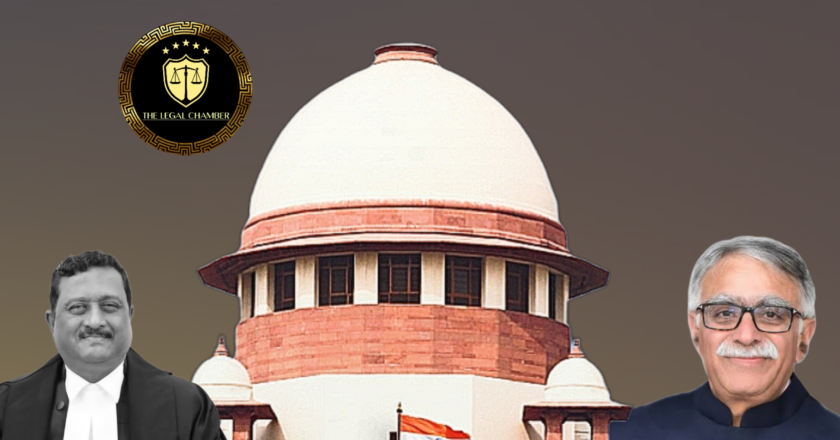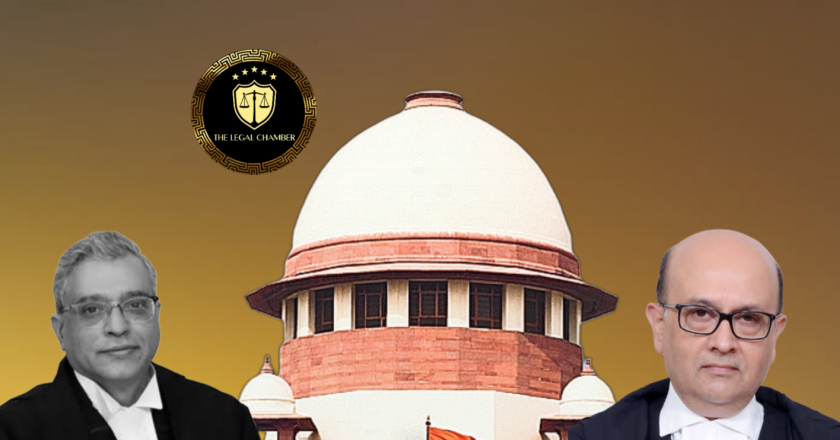Supreme Court Ruling: Courts Must Appoint Arbitrator Even If Serious Fraud is Alleged
The Supreme Court reaffirmed that under Section 11(6A) of the Arbitration Act, a court's role is prima facie confined to examining the existence of an arbitration agreement. All other contentious issues, including allegations of serious fraud and non-arbitrability, are jurisdictional matters that must be decided by the arbitral tribunal under Section 16.
Facts Of The Case:
The appellant, Bihar State Food and Civil Supplies Corporation, entered into agreements with various rice millers for the custom milling of paddy procured from farmers. The agreements contained an arbitration clause. When the millers allegedly failed to deliver the stipulated quantity of rice, the Corporation initiated recovery proceedings under the Bihar and Orissa Public Demands Recovery Act, 1914. The millers challe...




